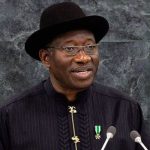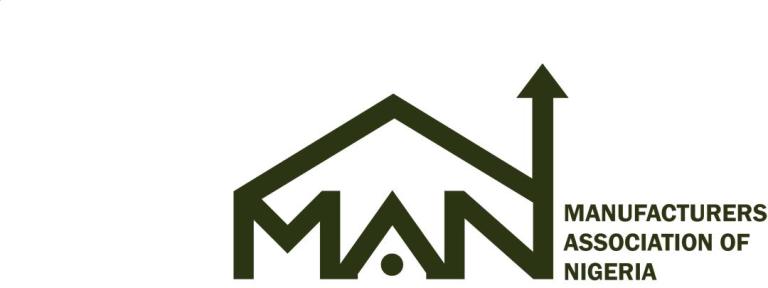A report from the stable of the Manufacturers Association of Nigeria (MAN) has revealed that despite the Federal Government’s foreign exchange reforms and rising trade surplus, forex inflow dropped by 60.7 per cent over the last one year, from $40.46 billion to $24.55 billion.
In addition, the country’s exchange rate unification led to consistent decline in forex outflow from $21.93 billion to $7.93 billion.
MAN, in the report obtained by New Telegraph, said as a result, the FX netflow rose to $17.18 billion, but $1.3 billion less than its value in Q2’23.
Though trade surplus had surged from N13 billion to N6.95 trillion due to exchange rate de-preciation, the consistent decline in global oil prices since Q3’23 portends a negative impact, on FX earnings as the economy remains heavily dependent on oil export.
A breakdown of the report on Nigeria’s FX flows & trade surplus amidst global oil prices showed that in Q2’23, FX Inflow was $40.46 billion, outflow ($21.93 billion) and netflow ($18.52 billion).
Similarly, in Q1’24, inflow recorded $22.26 billion outflow ($10.76 billion) and netflow ($11.5 billion).
In Q2’24, inflow ($24.55 billion); outflow ($7.37 billion) and netflow ($17.18 billion). In another category, the report revealed that as at 2023, Nigeria’s Gross Domestic Product (GDP) size of $363 billion had fallen behind Egypt’s $396 billion due to the devaluation of the naira.
According to the statistics about selected developing economies in Africa, in terms of GDP growth (%) and GDP @ Current Market Prices (Billion $), Ethiopia (7.9 per cent) or $164.5 billion; Cote d Ivoire (6.5 per cent) or $78.79 billion; Kenya (4.6 per cent) or $107 billion; Angola (4.1 per cent) or $84.72 billion; Algeria (3.6 per cent) or $240 billion; Nigeria (3.46 per cent) or $363 billion; Egypt (2.4 per cent) or $396 billion and Morocco (2.4 per cent) or $141 billion.
While on Inflation Rate (%) and Benchmark Inflation Rate (%). Nigeria; Inflation Rate (33.88 per cent) or Benchmark Inflation Rate (27.5 per cent); Angola; Inflation Rate (29.17 per cent), or Benchmark Inflation Rate (19.5 per cent); Egypt; Inflation Rate (26.5 per cent) or Benchmark Inflation Rate (27.25 per cent); Ethiopia; Inflation Rate (16.1 per cent) or Benchmark Inflation Rate (7 per cent); Algeria; Inflation Rate (4.56 per cent) or Benchmark Inflation Rate (3 per cent); Cote d ‘Ivoire;
Inflation Rate (2.8 per cent) or Benchmark Inflation Rate (5.5); Kenya; Inflation Rate (2.7 per cent) or Benchmark Inflation Rate (12 per cent); and Morocco; Inflation Rate (0.8 per cent) or Benchmark Inflation Rate (2.75 per cent).
The MAN report says: “These eight selected countries are among the top 10 biggest economies in Africa (including South Africa and Sudan).
Ethiopia recorded the highest GDP of 7.9 per cent among the selected economies followed by Cote d ‘Ivoire and Kenya at 6.5 per cent and 4.6 per cent respectively. “Nigeria recorded a higher growth of 3.46 per cent compared to Egypt’s 2.4 per cent.”








